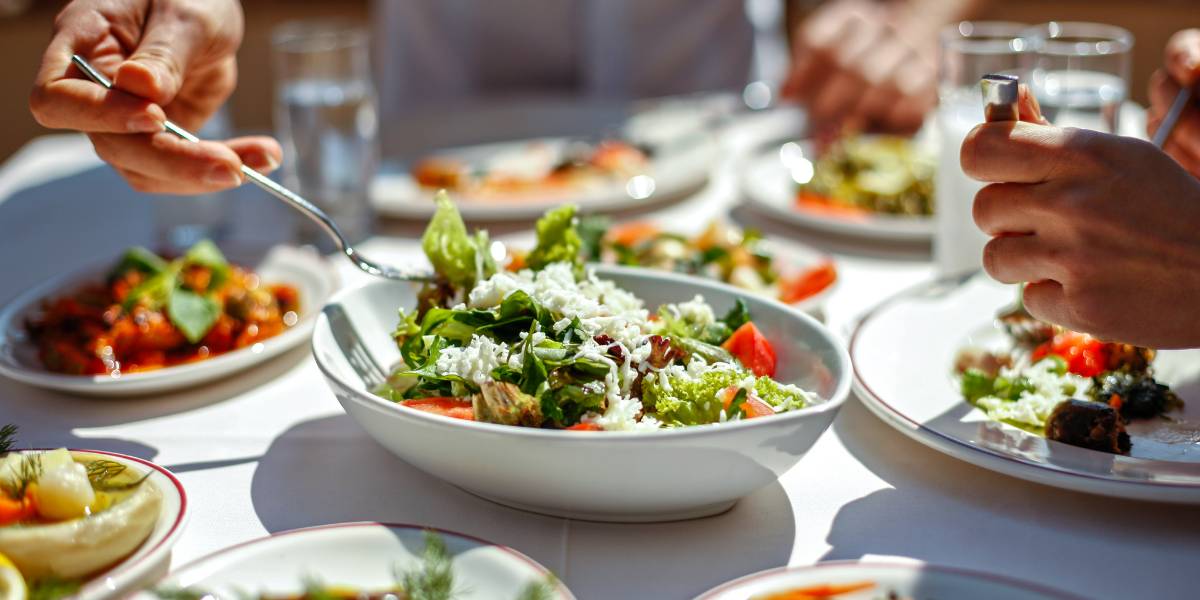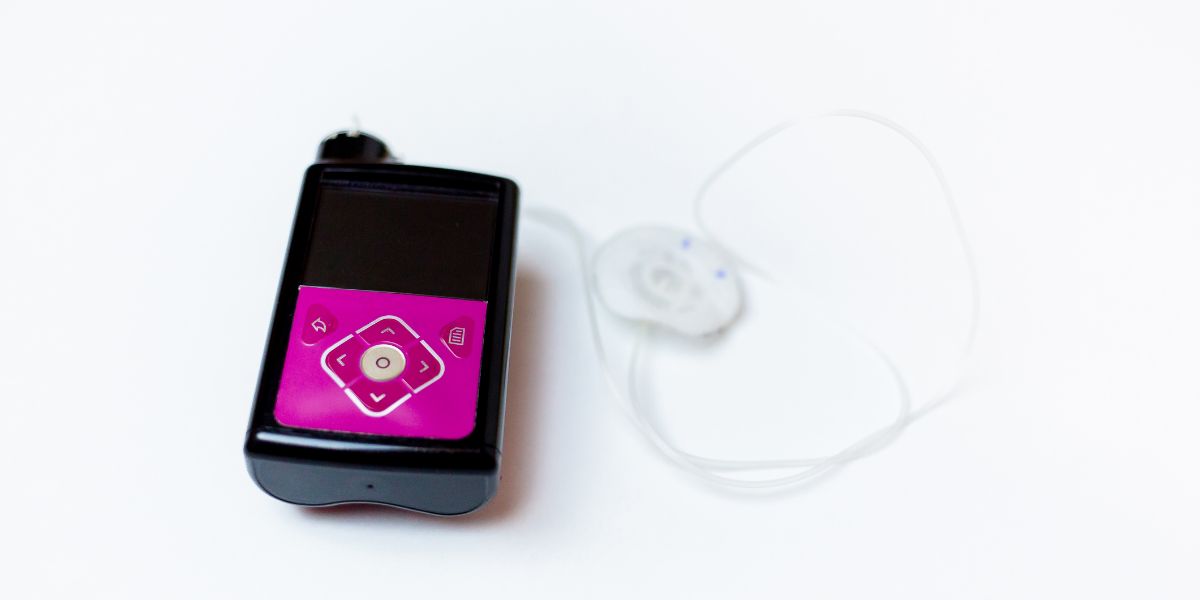Following a Mediterranean diet can help women going through IVF become pregnant, a fertility specialist has said.
Professor Roger Hart has found that women going through fertility treatment can increase their chances of having a baby by regularly eating whole grains, legumes, olive oil, fruit, vegetables and nuts.
“There have been several well-designed clinical trials showing benefits in both embryo development and pregnancy outcome,” said Professor Hart.
- Mediterranean lifestyle reduces cancer mortality risk
- Mediterranean lifestyle lowers risks of premature death and cancer
- Mediterranean diet and keeping active could reduce risk of hospital-associated disability in older people
He added: “These diets are high in B-vitamins, antioxidants, omega-3 poly-unsaturated fatty acids and fibre and are low in saturated fat, sugar and sodium.”
Previous research has suggested that Omega-3 can help IVF work, however Professor Hart has slammed this finding.
He stated: “Nutritional supplements are usually not prescribed but bought online or over-the-counter.
“They’re self-medicated and solid data on usage is impossible to determine.
“Our information is largely anecdotal but it’s quite clear from online IVF discussion forums that they are widely used and of great public interest.”
Prior studies have highlighted a link between successful IVF treatment and the use of the hormone supplement DHEA and the substance COQ10, which helps to convert food into energy.
In addition, previous findings have shown an association between successful IVF treatment and melatonin – commonly used to help treat sleep disorders.
- Mediterranean diet high in olive oil reduces breast cancer risk
- Mediterranean diet linked to fewer signs of Alzheimer’s disease
- Preeclampsia less likely in women who follow a Mediterranean diet
The research states: “We, as compassionate healthcare professionals, will seek to find the ‘silver bullet’ that will help women conceive.
“In trying to draw conclusions from the literature to facilitate moving forward with possible therapeutic strategies to assist women undertaking IVF treatment, one relatively straightforward approach would be to adopt a Mediterranean diet whilst undergoing IVF treatment.”
One in five women who have a baby through IVF go on to get pregnant naturally in the future, prior research has reported.
According to the latest data, roughly 55,000 women a year in the UK undergo fertility treatment to have a baby.
The study has been published in the journal Reproductive Biomedicine Online.





